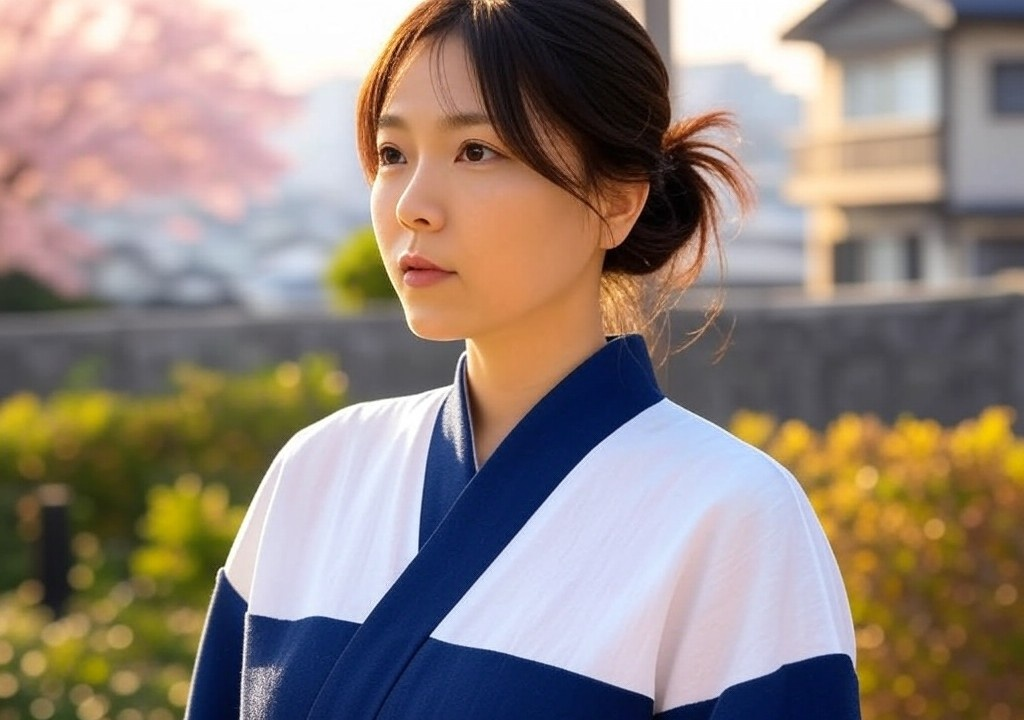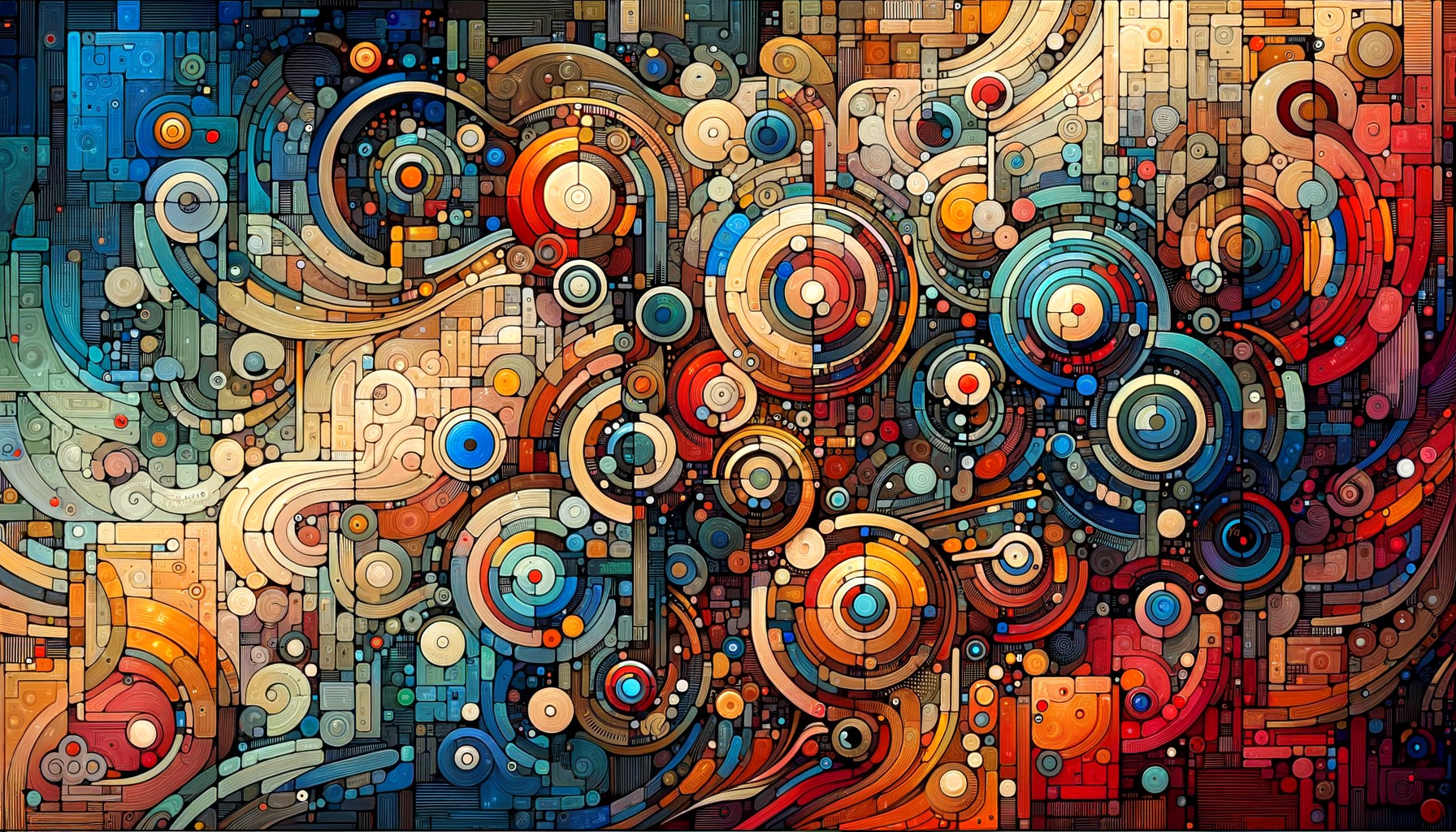Unpacking My Obsessions
Picture this: It’s a rainy Saturday afternoon, and I’m sitting cross-legged on my living room floor, completely absorbed—not in a book, not in a swoony K-drama, not in one of those endless personality quizzes that claim to tell you which Jane Austen heroine you’d be (I’m a Marianne Dashwood, thank you very much). No, I’m intently rearranging my collection of antique teacups. I could probably spend an hour debating whether the Kutani ware cup with the cracked glaze belongs next to the blue-and-white Delft porcelain or if it should stay with the muted 19th-century Kyoto pieces.
Call it quirky, call it obsessive (my friends certainly do), but there’s something deeply thrilling about curating tiny fragments of history. And, honestly? Unpacking what we obsess over—whether it’s teacups or the perfect playlist order for date night—reveals so much more about us than even the sweatiest late-night DMCs (deep meaningful conversations, for the acronym-averse).
So, why do our niche fascinations matter in relationships? Because being a little obsessed is all about passion, curiosity, and—well—a healthy dose of chaos. And those are transferable skills, whether in love or life. Let me show you.
The Beauty of Knowing What Lights You Up
My teacup habit didn’t start with some profound epiphany at an auction house. It began when my grandmother handed me a battered, rose-patterned cup over an iced coffee one summer in Kamakura. “Someone made this with care,” she said, washing it gently as though it might dissolve under the tap. That tiny sentence sparked something big: the realization that someone’s hands, perhaps a century ago, shaped and painted this delicate thing I held.
Since moving to Canada, collecting cups has been an anchor to home and to time itself—a mix of nostalgia and awe after years of studying art and cultural history. But it’s also become an unintentional litmus test for compatibility.
Once, on a third date, I rhapsodized about the fine lines in a piece of Imari porcelain to a seemingly interested guy. “You mean, like, cups you drink tea in?” he asked, staring blankly. I tried to laugh it off, joking, “Exactly! The primal ancestor of every to-go coffee cup.” A long silence followed, punctuated only by the clinking of his beer bottle. We didn’t make it to a fourth date.
Moral of the story? You don’t need a teacup collection to understand passion, but you do need someone who doesn’t look at yours like it’s a history channel snoozefest. If someone quirks a curious eyebrow (“Why do you like this stuff so much?”) and follows up with questions instead of cringing, congratulations—you have a keeper.
Quirks Build Connection (and Great Banter)
In relationships, our “weird” interests can go from being solitary hobbies to shared joys—or, at the very least, endearing traits. The key is how you present them. I’m convinced that flirting is basically a mix of confidence and eccentricity: a bold willingness to say, “This is me. Come revel (or roll your eyes indulgently) at how bizarre I am.”
For example, I’ve spent hours convincing a skeptical date why Ukiyo-e woodblock prints have the same level of drama as “Love Island.” One involves intricate linework and centuries-old techniques; the other involves gratuitous bronzer and a high-stakes kiss-off. But both are addictive for what they tell us about human drama.
Think about this: Why is Margot Robbie confessing her monologue about ‘the Godfather’ in Barbie so memorable? Because small, hyper-specific passions make a person interesting. They say, “Here’s what gets my motor running.” Obsessions create texture for conversation and deepen relationships in a way no generic "I like movies and long walks" ever could. Bonus points if it leads to inside jokes like, “Want to reenact the kiss scene from The Great Wave off Kanagawa?”
Being Obsessed Teaches You About Compromise
Let’s flip the table. It’s not just about you and your obsessions—it’s about surrendering to theirs. I’ll be honest—I once dated someone completely obsessed with miniature model trains. At first, I thought, “Cute. Harmless. Maybe we’ll end up cosplaying as travelers from Snowpiercer.” But then he invited me to a three-hour Saturday train convention in suburbia.
The me of five years ago might’ve politely declined, citing a “mystery rash” or “pre-booked Pilates.” But here’s the thing: Being obsessive about something yourself trains you to respect obsession in others. So, I tagged along, asking deep, totally-not-Googled questions about wiring systems. Was it my thing? Not remotely. But the way his eyes lit up, explaining the craftsmanship? That’s the stuff relationships are made of.
Pro tip: When you dive into your partner’s passion projects, don’t fake enthusiasm—seek understanding. You may never learn to love model trains (or teacups), but showing up with curiosity reinforces that you’re here for the person, not just the parts of them you already understand.
How to Own (and Share) Your Obsessions
If I’ve learned anything from years of curating relationships alongside ceramics, it’s this: The passions that delight you most aren’t embarrassments to hide. They’re gifts you offer to others, wrapped in the paper of enthusiasm.
Here’s how to unpack your own obsessions without scaring everyone away:
1. Lead with Humor.
Instead of nervously blurting every fact about 18th-century porcelain in one breath, I keep it light: “Fair warning: This teacup collection is the closest thing I have to a child.” If someone laughs and asks questions? Green flag! If they reach for their phone mid-sentence? Red flag.
2. Start Small.
Not everyone can jump into your hyper-fixation on macaroon recipes or sneakerhead culture right away (and that’s okay). Share a curated starting point—the “gateway obsession,” if you will. For me, I ease people in with an unassuming, Art Deco-inspired saucer. Relatable, stylish. Next thing they know, they’re learning about Ming Dynasty ceramics.
3. Be Open to New Fixations.
Obsessions, like relationships, evolve over time. I used to think I could only love delicate teacups until a friend gifted me a chunky Scandinavian mug. Now? I swoon over its simplicity and functionality. In love, the same principle applies: Don’t dismiss something—or someone—simply because it’s not on your radar.
Final Takeaway: Passion Makes Us Interesting
In the end, relationships are a mosaic of tiny, odd, sparkling pieces—shared jokes, overlapping playlists, and the peculiar ways we let someone into the messiest corners of our hearts (and shelves). Your quirky obsessions aren’t just a “you” thing; they’re tools for deepening connection, teaching you patience, and showing you that love, both romantic and platonic, often lies in celebrating the weird and unexpected.
So the next time someone asks, “What are you into?” don’t hold back. Rave about the obscure band you’ve seen live eight times. Declare your love for homemade spreadsheets ranking the best onscreen kisses. Obsession, after all, is proof of something bigger: that you care passionately about the world—and the right person will see that as nothing short of magnificent.




















